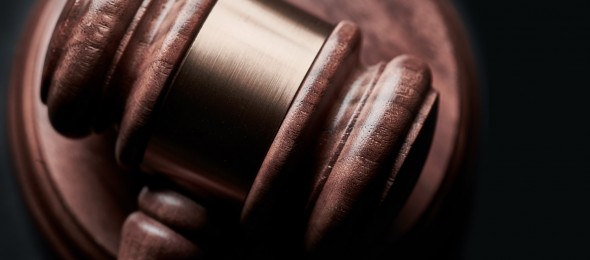Good court reporters have seen and worked through every scenario – mumblers, whisperers, screamers, paper rattlers, cross-talkers – you name it. So, after 32 years, I thought I’d seen it all. And then came COVID-19.
What to do? Wait for things to get back to normal or find a way to serve my clients who wanted to move forward? I decided to investigate and discovered Zoom couldn’t be easier to use. It provides the most “real” experience of the video conferencing and software programs I’ve seen.
Better than live depositions, I can consistently and clearly see the face of the witness, as well as the exhibits on-screen as they’re being read. We’re able to record video of all speakers or the traditional witness-only view. There’s no travel, no wasting time and I’m able to produce the same great product as in a live deposition.
So, I was ready. All I had to do was wait for and encourage my clients to give it a shot. And eventually some of you did. Here are the best practices we’ve discovered together.
Do a Trial Run
Most reporters offer you the opportunity to do a trial run. Take them up on this. It gives you a chance to learn the technology in a stress-free environment. You’ll see how exhibits are posted, who can see what and just how visible the witness is. You’ll learn to toggle from gallery to speaker view – and most importantly, you’ll see how obvious it is if someone is trying to listen to or read something other than what’s being presented. In other words, how difficult it is to cheat.
Label and organize your exhibits ahead of the deposition
Exhibits are easy to share – even if you’re trying to surprise the witness. To keep your momentum and pace, consider organizing your exhibits, labeling them 1-100 and sharing them prior to the deposition with counsel and your reporter. This allows you to reference exhibits by number and keep moving. If surprise is part of your strategy, you can add and share those specific documents during the deposition.
Invest in quality internet and hardwire to your router
Our whole lives are wireless these days. Depositions are the time to plug back in. To ensure the best sound and video quality, I recommend attorneys and witnesses hardwire to their routers and use the computer audio on Zoom (with phone audio as back-up). You’ll see mixed opinions on this, especially from the early weeks of remote depositions. However, trial and error has shown me that computer audio produces the best record and video without interference or a lag. What you don’t want are witnesses roaming around the backyard on sketchy cell service. Believe me, it’s happened.
Avoid unseen influence
Attorneys fret about counsel coaching witnesses or texting them during remote depositions. Before we begin, I ask all parties if anyone is in the room with them or listening in that I can’t see on the screen. This, at least, puts it on the record that the witness is alone and not being coached. Doubters worry witnesses can receive texts or chats. My office disables the private chat feature, so chats are visible to all. Zoom records chats, so they’re part of the recording. You can see the witness (and their body posture) clear as day. They’re also on the record and you can easily ask them directly again, if something seems out of sorts.
Spend the money on a videographer
If this is the type of case you would usually video, be sure to do so on a Zoom deposition. The videographer is recording everything – each individual participant, the speaker, the court reporter, the onscreen exhibits – and it’s all stored in the cloud and can be synced to the transcript. Zoom video doesn’t do that.
Don’t wait for the old “normal”
The country is divided on so many issues, including remote depositions. Many attorneys are hoping live depositions will return soon…and they may. But that doesn’t mean court reporters are eager (or willing) to appear live. The thought of being in a small conference room with everyone wearing masks (or worse, not wearing masks) will keep a lot of reporters away. Prior to COVID-19, Texas was experiencing a court reporter shortage, making it harder for firms to cover your depositions. This pandemic will make that worse. Waiting for the restrictions to lift will put more stress on the shortage and delay depositions even more.
These are just a few of the tips I’ve learned over the past two months. There are many more and I’m happy to share and help you get up to speed. Who knows what our future holds? Several months ago, I certainly didn’t think it was this. But there is a way forward.
Photo by: Bill Oxford on Unsplash














